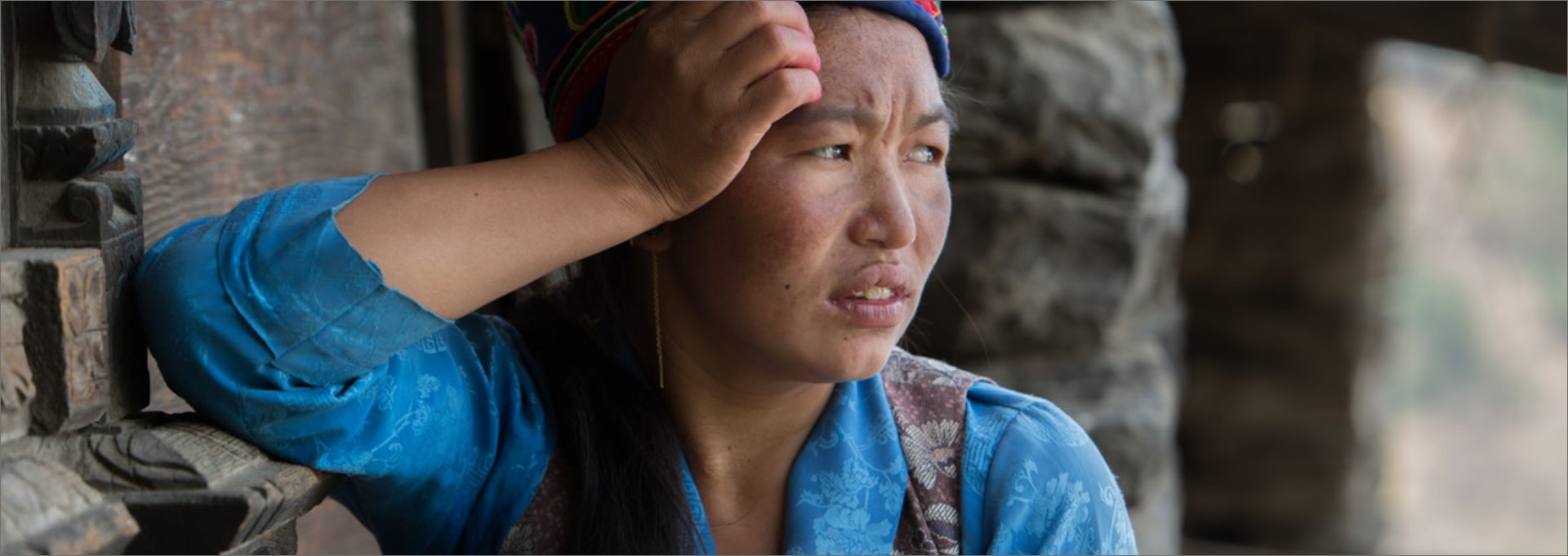

| 31 March 2016
Fianakaviana Sambatra, Madagascar
Relative to much of Africa, Madagascar has high levels of contraceptive use, but high birth rates coupled with endemic poverty and limited government-led sexual and reproductive health (SRH) provision mean that child mortality and maternal death figures are high. Fianakaviana Sambatra (FISA) has been fighting since 1967 to improve the nation’s SRH through advocacy, education and direct service provision. Currently, it runs 67 service points, including: 11 permanent clinics, 3 mobile units and 12 community-based services (CBSs), across 6 of the country’s regions. FISA works with 5 associated clinics and 29 private practitioners. FISA has 70 full-time staff, 184 peer educators, and a youth action movement made up of 42 members. FISA delivers a wide range of services: family planning, prevention and management of HIV and the provision and dissemination of comprehensive SRH materials. FISA has used its on-the-ground experience to advise government on national SRH policy. It has partnered with the Ministry of Health, Family Planning and Social Protection, and the Ministry of Youth to advocate for a concerted approach to resolving the critical SRH issues currently facing the country. At the same time, it works with non-governmental organizations (NGOs) such as Marie Stopes International, and the ASSONG coalition of NGOs. FISA receives financial support from UNFPA, the Big Lottery Fund, Amélioration de la Qualité De Services, the EU and IPPF’s Japan Trust Fund. It’s also closely connected to other organizations promoting SRH rights across the country and the region.

| 08 March 2024
Community Healthcare Initiative (CHI)
Community Healthcare Initiative (CHI) is a local non-governmental organization that has been providing healthcare and social services to women and children in underserved and hard-to-reach communities in Liberia since 2014. CHI prime mandate is to strengthen and promote healthcare and social services, women’s rights, child’s rights and peace in Liberia through awareness, service delivery, and outreach programs in hard-to-reach communities and persons living in impoverished and disadvantaged urban communities. We improve mother’s and children's health. We promote and educate on women and child rights. Our programs and services focus on youth development, healthy living, and social responsibilities according to their unique needs. Vision Access to Healthcare, freedom, and dignity to everyone regardless of race, ethnicity, and sex, free of violence and human rights abuses. Mission Working together for socio-economic development in communities, through strengthening their capacity and the implementation of the programs and health, protection, and humanitarian interventions with a participatory approach at all levels of society to defeat poverty and promote healthcare and social services throughout Liberia. CHI has many years of experience working with partners in Liberia on women and girls’ rights, CSOs strengthening, community development, and improving communities’ access to quality education, health & SRHR, sustainable livelihoods, and Community Resilience to conflict. CHI has an excellent experience in awareness-raising around sexual violence issues and providing psychosocial support for survivors. Currently, CHI is part of the Civil Society National Reference Group working with UNWOMEN on the Spotlight Initiative which aims at a global financing mechanism to support the implementation of SDGs mainly goals 5 and 16, and will contribute to the alignment and synergy of the United Nations Development System. Beneficiaries and target groups CHI beneficiaries and target groups include vulnerable women and girls, post-abortion care providers, Law and policymakers, young people survivors of any form of GBV including survivors of IVP (Intimate Partner Violence), survivors of harmful traditional practices, survivors who are members of marginalized groups (LGBTI+, sex workers, extremely poor, people living with disabilities,) Network and Partnership: CHI is a part of the coalition, networks, and partnerships including the Working Group on FGM in Liberia, the County Development Coalition, Consortium of Women Rights in Liberia, the Women NGOs Secretariat, the National Civil Society Council; and the Liberian Women Humanitarian Network. Globally; the Network of Emergency Aid Responders (NEAR) and Feminist Humanitarian Network (FHN). Building on Community Healthcare Initiative services, we opened the first SRHR services clinic in Liberia in 2023. The SRHR services provided at the clinic includes family planning, comprehensive sexuality education, maternal health and safe and legal abortion services. The SRHR clinic use women-centered and right-based approaches to provide comprehensive SRHR healthcare including abortion. Additionally, CHI operates a women and children clinic since November 2021, that addresses the healthcare needs of vulnerable population in Margibi County.







